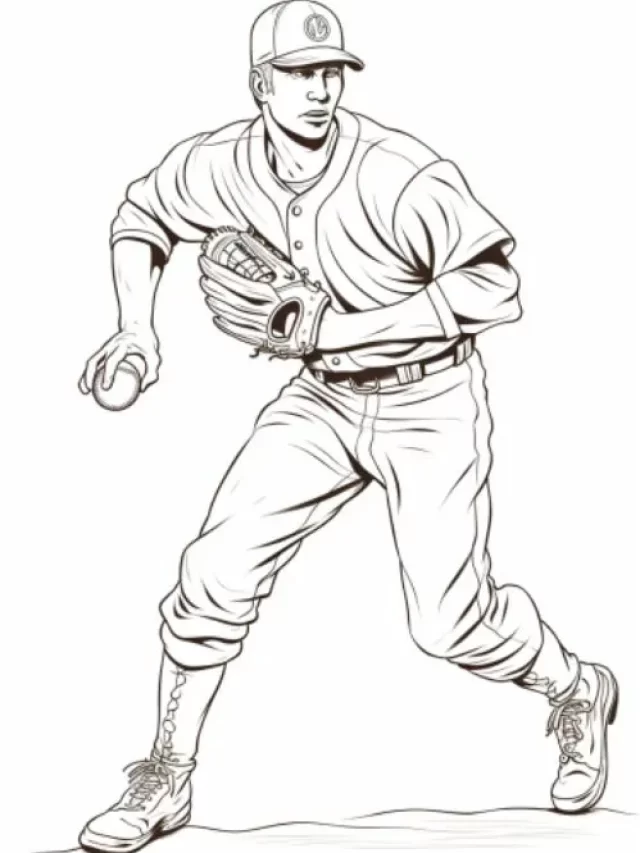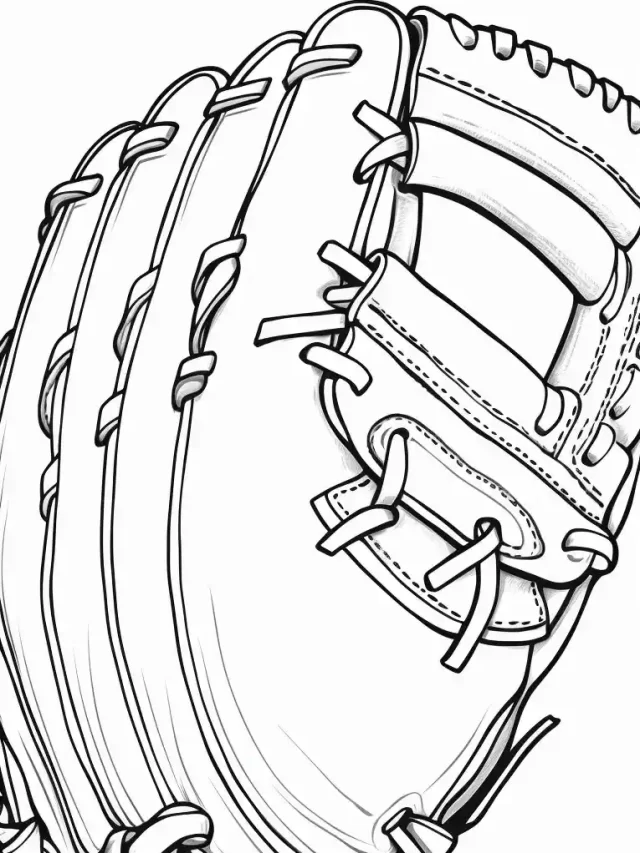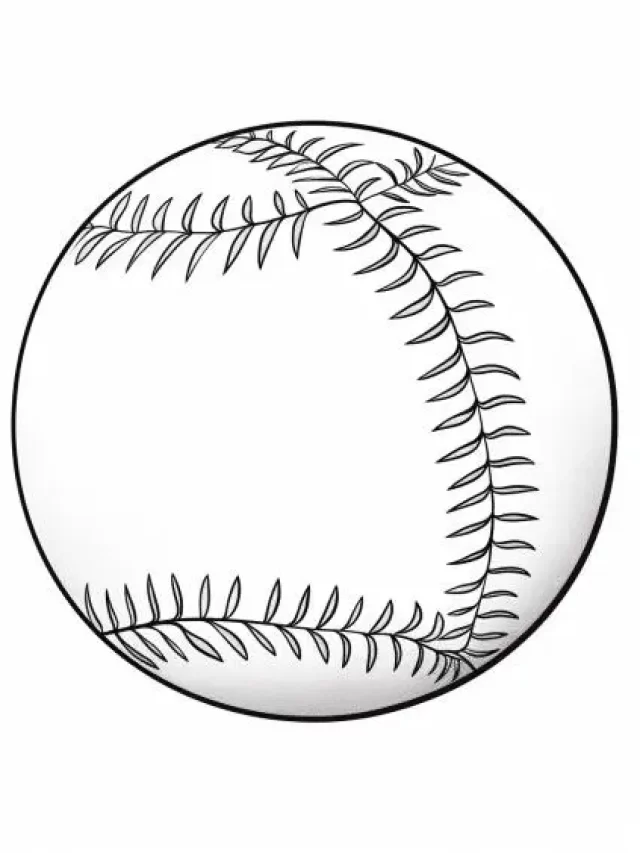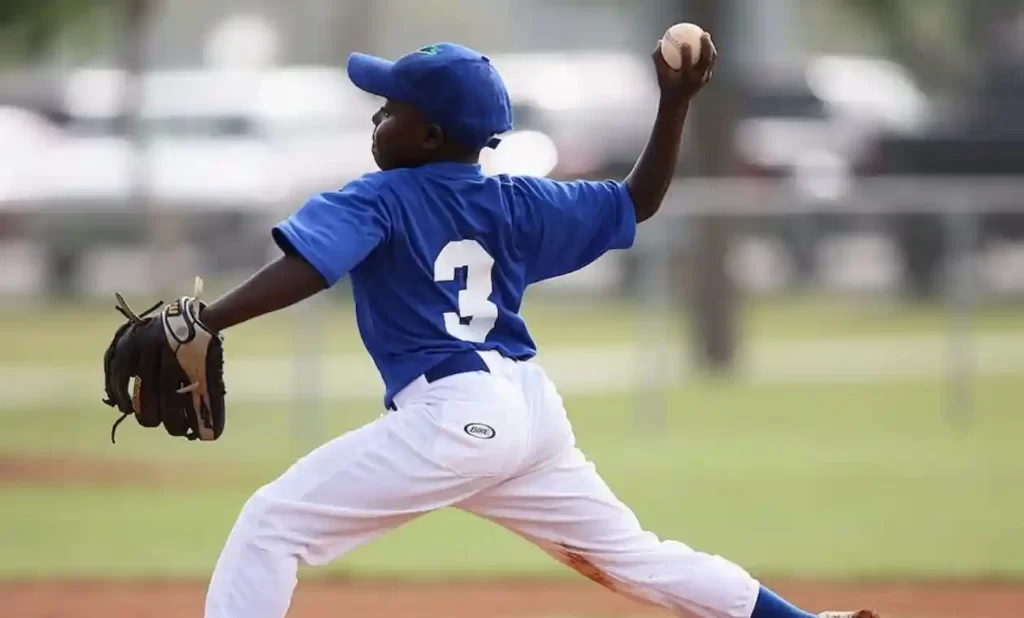The Magic of Walk-Off in Baseball
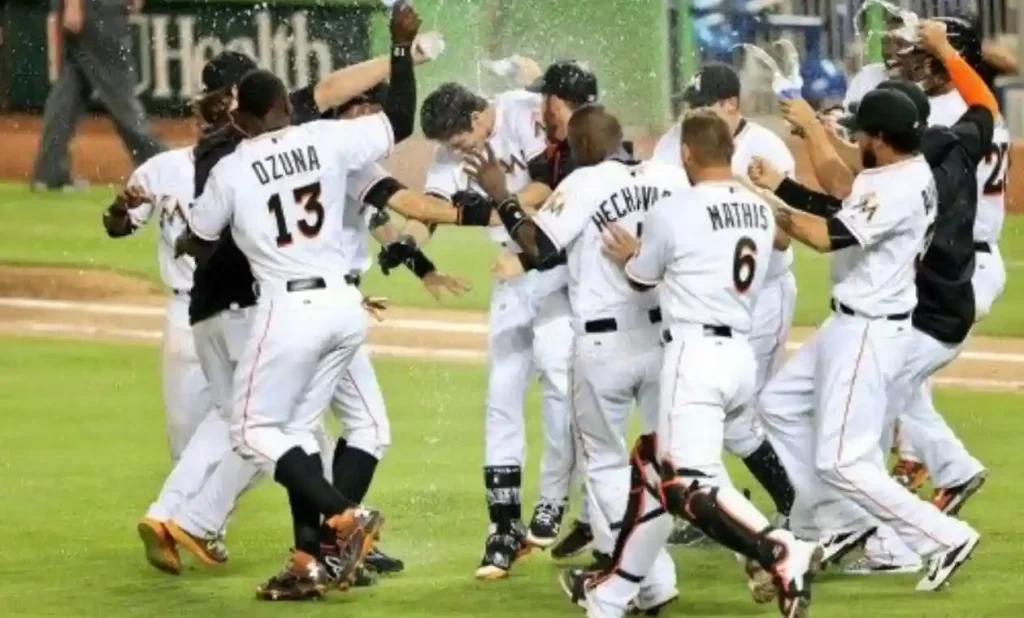
Baseball is a sport that thrives on suspense and unpredictability. It’s a game where anything can happen in the blink of an eye, and one moment can change the course of an entire season. Among the countless moments that make baseball the beloved sport it is, few can match the sheer drama and excitement of a walk-off.
Picture this: the stadium is packed, tension hangs in the air, and the game is tied. The home team is down to their last at-bat, and every pitch feels like a heartbeat. That’s when it happens—a crack of the bat, a soaring baseball, and a jubilant eruption from the fans. It’s a walk-off, and it’s the stuff of baseball legend.
In this blog, we dive into the heart-pounding world of walk-off moments in baseball. From defining what a walk-off is to exploring its cultural significance, we’ll take you on a journey through the game-changing moments that make baseball more than just a sport—it’s an unforgettable experience.
Join us as we unravel the mystery, magic, and mayhem of the walk-off in baseball. Whether you’re a die-hard fan or just starting your baseball journey, there’s something undeniably special about a walk-off victory that keeps us all coming back for more.
Stay tuned as we step up to the plate and explore the incredible world of walk-offs, where every swing has the potential to be a game-changer.
Read More: Inside Baseball
What Is a Walk-Off in Baseball?
A walk-off in baseball is a term that resonates with both casual fans and die-hard enthusiasts. It’s a phrase that carries with it an air of excitement and anticipation. But what exactly does it mean?
In its simplest form, a walk-off refers to a game-ending play where the home team secures a victory in the final inning, often with a dramatic hit. It’s the moment when the crowd holds its collective breath, players pour out of the dugout in celebration, and the hero of the day becomes a legend.
The origins of the term “walk-off” are as intriguing as the moments themselves. Some baseball historians believe it dates back to the early 20th century when fans would walk off from the ballpark as soon as the winning run was scored, not bothering to wait for the final out. Others attribute it to the idea that the batter’s walk to first base, as the winning run crosses home plate, signifies the walk-off victory.
While the exact origin may remain a matter of debate, one thing is clear—walk-offs are deeply woven into the fabric of baseball’s rich history. They’re moments that define careers, shape seasons, and provide memories that last a lifetime.
Walk-offs come in various forms, each with its own unique flavor of excitement. Whether it’s a game-winning home run that clears the outfield wall or a perfectly placed base hit that sneaks through the infield, the essence of a walk-off remains the same: a game that ends in euphoria for one team and heartbreak for the other.
In the next section, we’ll explore the significance of walk-offs in the context of a baseball game and the emotional rollercoaster they create for players and fans alike. So, stay with us as we delve deeper into the world of walk-offs, where the game’s outcome hangs by a thread until that fateful swing of the bat.
The Significance of Walk-Offs
Walk-off moments in baseball are a rollercoaster of emotions. They encapsulate the essence of the sport, where one swing of the bat can transform despair into jubilation. For players on the field, it’s a chance to be the hero or the goat, with the outcome hanging in the balance.
As a fan, there’s nothing quite like the heart-pounding anticipation of a walk-off situation. It’s a mix of hope and anxiety, knowing that the game could end in an instant, leaving you either cheering in ecstasy or staring at the field in disbelief. Walk-offs deliver an emotional punch that few other sports moments can match.
Throughout the storied history of baseball, walk-offs have provided some of the most iconic and enduring memories. From World Series walk-offs that etched players’ names in the annals of history to regular-season heroics that became the stuff of legend, these moments define the sport.
Consider the “Shot Heard ‘Round the World” in 1951 when Bobby Thomson’s walk-off home run catapulted the New York Giants to victory, or Derek Jeter’s “Mr. November” walk-off in the 2001 World Series, and the countless walk-offs that have unfolded under the stadium lights. These moments are etched in the collective memory of baseball fans and continue to inspire generations.
In the next section, we’ll explore how a walk-off moment can change the game’s momentum and why it remains a timeless source of excitement in baseball. So, stay tuned as we journey through the highs and lows of walk-offs in America’s pastime.
How a Walk-Off Changes the Game
In the world of sports, momentum is a powerful force, and a walk-off has the uncanny ability to swing it in an instant. Picture a game where the score is tied, and both teams have battled fiercely for nine innings. The tension in the air is palpable as the home team steps up to bat.
A well-timed swing, a perfectly placed hit, and suddenly, the scoreboard changes. The home team’s dugout erupts in joy, and the stadium reverberates with cheers. A walk-off has occurred, and the momentum has shifted decisively in favor of the winning team.
For the players on the field, a walk-off represents the pinnacle of achievement. It’s the culmination of hours of practice, dedication, and teamwork. The hero of the moment becomes a legend, carried off the field on the shoulders of teammates, their name etched in baseball history.
But the impact of a walk-off extends far beyond the diamond. Fans in the stadium and those watching from home experience a rush of adrenaline and emotion that few other sports moments can replicate. It’s the joy of victory and the agony of defeat compressed into a few heart-stopping seconds.
Walk-offs create memories that endure for a lifetime. They become stories told and retold, moments frozen in time, and reasons why generations of fans fall in love with the game of baseball.
In the next section, we’ll explore the cultural phenomenon of walk-offs, their connection to popular culture, and why they hold a special place in the hearts of baseball enthusiasts. Stay with us as we continue our journey through the world of walk-offs in baseball.
The Cultural Phenomenon
Walk-offs in baseball are more than just moments in a game; they’re cultural touchstones. These game-ending heroics have made their way into literature, film, music, and everyday conversations. When someone talks about a “walk-off homer,” it’s not just a baseball term; it’s a symbol of triumph in the face of adversity.
From movies that capture the drama of walk-off victories to songs that celebrate the joy of that final swing, the cultural impact of walk-offs is undeniable. They resonate with people from all walks of life, whether they’re passionate baseball fans or simply admirers of thrilling moments.
Baseball and walk-offs share a unique bond. No other sport seems to capture the tension and release of emotions quite like baseball does. In the world of walk-offs, every game is a story waiting to unfold, and every player, a potential hero.
Baseball’s connection with walk-offs goes beyond the field; it extends to the hearts of fans who know that, at any moment, they could witness history being made. It’s a connection that transcends generations, making baseball more than just a sport—it’s a cultural phenomenon.
In the next section, we’ll explore the strategies and tactics that players employ to achieve a walk-off, shedding light on the pressure, and precision required for that game-changing moment. So, stay tuned as we continue our journey into the world of walk-offs in baseball.
Strategies for Achieving a Walk-Off
In the high-stakes world of baseball, particularly during a close game, hitters face immense pressure when they step up to the plate in a walk-off situation. The weight of the game rests on their shoulders, and they know that one swing can determine the outcome.
Hitters must balance the need for patience and selectivity with the desire to make contact. They watch pitches carefully, waiting for the right one to drive. It’s a test of nerves and skill, where timing and precision are essential.
From the pitcher’s mound, the situation is equally intense. Pitchers must summon their best stuff to prevent the opposing hitter from making solid contact. Every pitch becomes a chess move, a calculated risk, and an opportunity to secure the elusive final out.
Pitchers aim to disrupt the hitter’s rhythm, mix up their pitches, and rely on their defense to make plays. But in the end, it’s a battle of wits, where a single mistake can result in a walk-off hit.
The dynamics of a walk-off situation can vary. Sometimes, there’s a runner in scoring position, poised to dash home on a hit. Other times, it’s a solo mission, where a home run is the only path to victory.
Coaches, players, and fans alike watch in anticipation, dissecting every pitch and swing. Strategies may change based on the score, the inning, and the strengths and weaknesses of the opposing team.
In the next section, we’ll profile some of the famous walk-off heroes in baseball history, highlighting the players who have etched their names in the record books with clutch performances. So, stay tuned as we explore the stories behind these unforgettable moments.
Walk-Off Heroes
Babe Ruth: The Sultan of Swat:
When you think of baseball legends, Babe Ruth’s name is among the first that comes to mind. The “Sultan of Swat” was not only a prolific home run hitter but also a master of the walk-off moment. One of the most iconic walk-offs in history came from his bat during the 1932 World Series when he famously pointed to the outfield before smacking a home run known as the “Called Shot.”
Derek Jeter: Mr. November:
Derek Jeter, the captain of the New York Yankees, earned the nickname “Mr. November” for his walk-off heroics in the 2001 World Series. With the clock striking midnight and November 1st officially underway, Jeter delivered a game-winning home run that became an enduring symbol of clutch play.
David Ortiz: Big Papi’s Grand Slam:
Few players in recent memory have embraced the walk-off hero role like David Ortiz, affectionately known as “Big Papi.” In the 2013 American League Championship Series, Ortiz hit a grand slam in the eighth inning to tie the game, and the Red Sox eventually won in walk-off fashion, setting the stage for their World Series triumph.
Bill Mazeroski: World Series Walk-Off:
The 1960 World Series is remembered for Bill Mazeroski’s walk-off home run in Game 7, giving the Pittsburgh Pirates a championship victory over the New York Yankees. It remains one of the most famous walk-off moments in World Series history.
Kirk Gibson: The Improbable Hero:
Kirk Gibson’s hobbled walk-off home run during Game 1 of the 1988 World Series is the stuff of legends. Battling injuries, Gibson stepped up as a pinch hitter and delivered a game-winning home run that propelled the Los Angeles Dodgers to a championship.
These players etched their names in baseball history with unforgettable walk-off moments. Each walk-off hero represents a unique chapter in the game’s story, demonstrating that in baseball, the most unexpected players can become legends with one swing of the bat.
In the next section, we’ll explore the experience of witnessing a walk-off in person and the personal stories of fans who were there for these historic moments. So, stay with us as we continue our journey through the world of walk-offs in baseball.
Also Read: Best Baseball Bats for Power Hitters
The Walk-Off Experience
There’s nothing quite like being at the ballpark for a walk-off moment. The energy in the stadium is electric, and every fan is on the edge of their seat, collectively holding their breath with each pitch. The roar of the crowd when the winning run crosses home plate is a deafening crescendo of joy.
But even if you can’t be there in person, watching a walk-off on TV or listening to it on the radio can be just as exhilarating. The commentators’ excitement, the camera shots of jubilant fans, and the instant replay of the game-winning hit create a connection that transcends the miles.
Every baseball fan has a story to tell about the first walk-off they witnessed. Whether it was a game attended with family, friends, or even alone, the memory of that moment stays etched in the mind forever.
We reached out to some fans and asked them to share their experiences:
Alex, a lifelong Red Sox fan, vividly remembers the 2004 American League Championship Series. “I was at Fenway Park when David Ortiz hit that walk-off home run. The atmosphere was electric. Strangers were hugging, and we knew something magical was happening.”
Sarah, a die-hard Yankees fan, recalls attending a regular-season game with her father. “Derek Jeter hit a walk-off single in the 9th inning. I’ll never forget the look on my dad’s face—it was pure joy. That’s what baseball is all about.”
Whether you were there in person or experienced it through a screen, a walk-off moment leaves an indelible mark. It’s a reminder that in baseball, as in life, the unexpected can happen, and the thrill of victory is worth every moment of anticipation.
In the next section, we’ll explore the future of walk-offs in baseball and how they continue to captivate audiences today. So, stay tuned as we wrap up our journey through the world of walk-offs in America’s pastime.
Also Read: Baseball Fan Accessories
The Future of Walk-Offs
The allure of a walk-off victory remains as strong as ever. In an age of instant replays and digital distractions, the raw emotion and drama of a walk-off moment continue to captivate audiences. Whether you’re a seasoned baseball aficionado or a newcomer to the game, the prospect of witnessing that game-changing swing keeps fans engaged and connected.
As baseball evolves, so too may the nature of walk-offs. Rule changes, innovations in equipment, and shifts in strategy could shape how walk-offs unfold in the future. Yet, one thing is certain: the core elements that make a walk-off special—pressure, precision, and passion—will remain unchanged.
In conclusion, the walk-off is more than a mere baseball term; it’s a symbol of the sport’s ability to deliver unforgettable moments. It’s a testament to the enduring appeal of a game that combines strategy and skill with the thrill of a single, game-changing swing.
Whether you’re a fan of the long ball or a lover of the small-ball approach, the walk-off remains a universal language of baseball—a language that speaks to the hearts of players and fans alike.
Thank you for joining us on this journey through the world of walk-offs in baseball. We hope you continue to experience the magic of these moments, both on and off the field.
In Crux
In the world of sports, few moments can match the drama, excitement, and emotion of a walk-off in baseball. It’s a game-ending play that transcends the confines of the field, captivating fans, players, and enthusiasts alike. From defining what a walk-off is to exploring its cultural significance, we’ve unraveled the mystery and magic of these game-changing moments.
Walk-offs are more than just a baseball term; they’re a symbol of triumph in the face of adversity. They represent the thrill of victory, the agony of defeat, and the power of a single, game-changing swing. They connect players and fans across generations, providing stories that are retold and memories that endure.
As the world of baseball evolves, walk-offs remain a constant source of excitement. Rule changes and innovations may shape how they unfold, but the core elements of pressure, precision, and passion will always define a walk-off.
Thank you for joining us on this journey through the world of walk-offs in baseball. We hope this blog has deepened your appreciation for these unforgettable moments and that you continue to experience the magic of walk-offs in America’s pastime.
If you have any further questions or would like to explore other baseball-related topics, please feel free to reach out. And remember, in the world of baseball, every swing has the potential to be a game-changer.
FAQs about Walk-Off in Baseball
[sp_easyaccordion id=”679″]

Meet Daniel Anderson, the heart and soul behind Baseball Pro Picks. At 49, Daniel’s life has revolved around baseball, a passion that’s as strong today as it was when he first fell in love with the game. Living in the USA, Daniel has dedicated countless hours to watching, analyzing, and understanding every pitch, hit, and home run, making almost no game missed. His deep-rooted love for the sport is matched only by his commitment to sharing insightful, expert analysis with fellow baseball enthusiasts. With decades of experience and a keen eye for the game’s nuances, Daniel brings a unique perspective that enriches Baseball Pro Picks. Trust Daniel to guide you through the intricacies of baseball with the authority and trustworthiness of a true aficionado.


